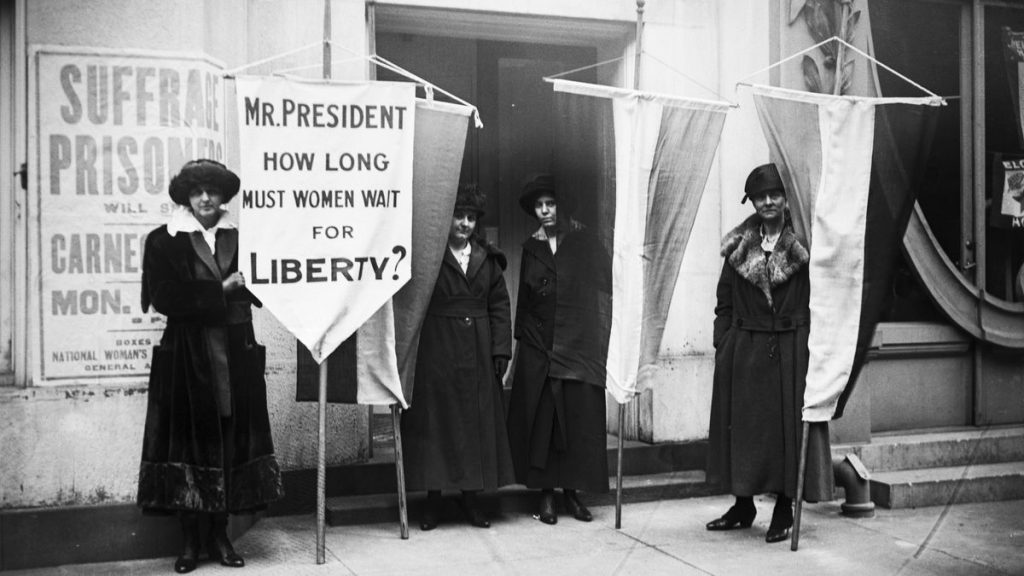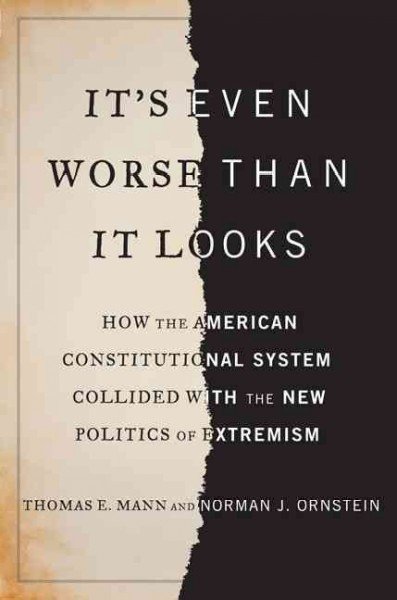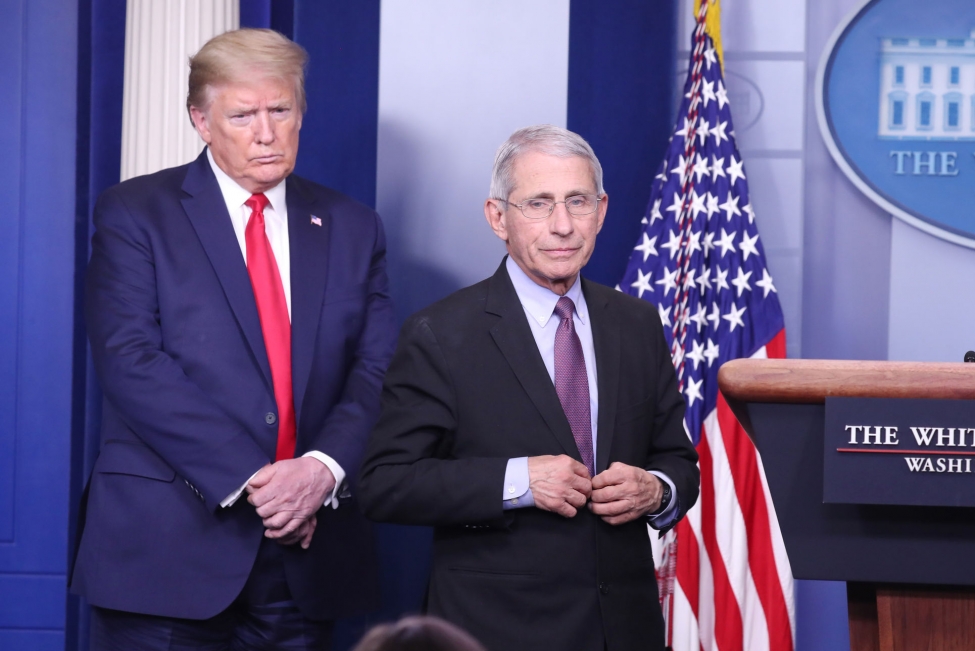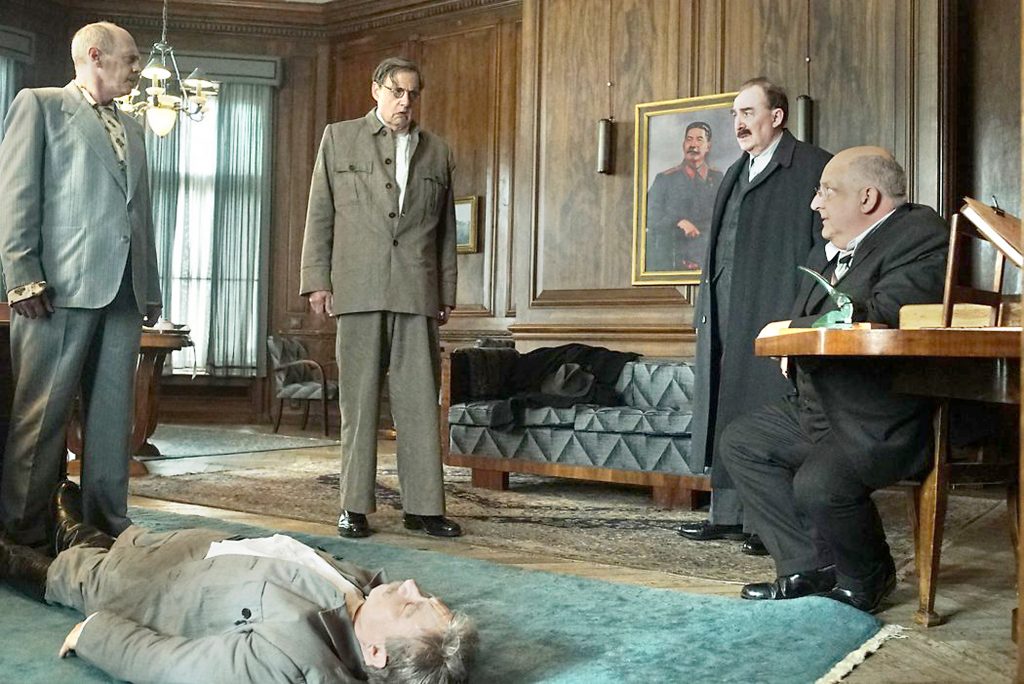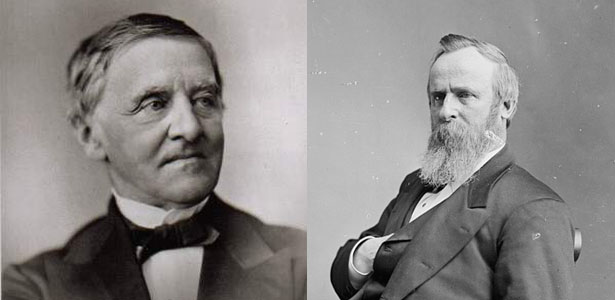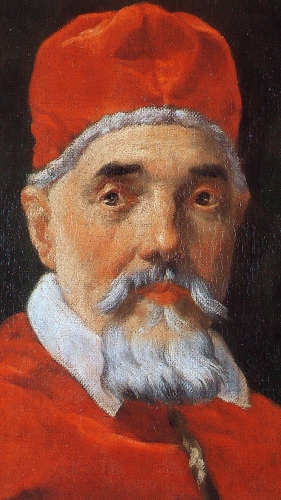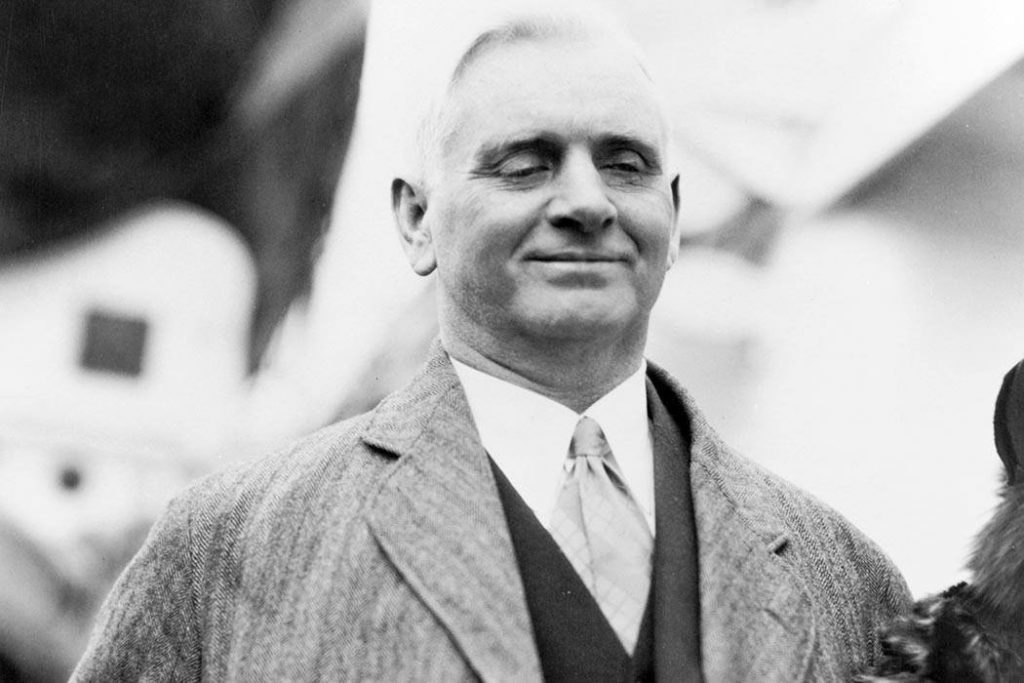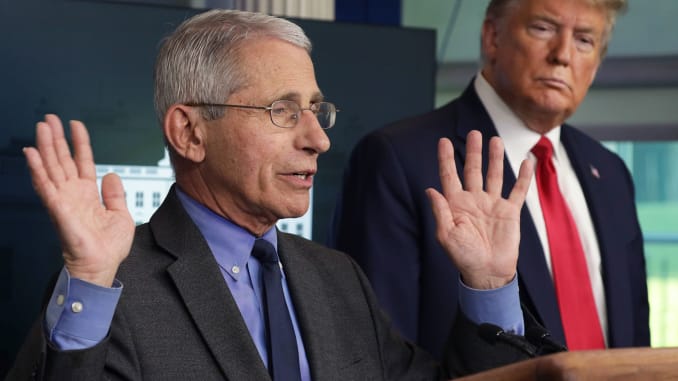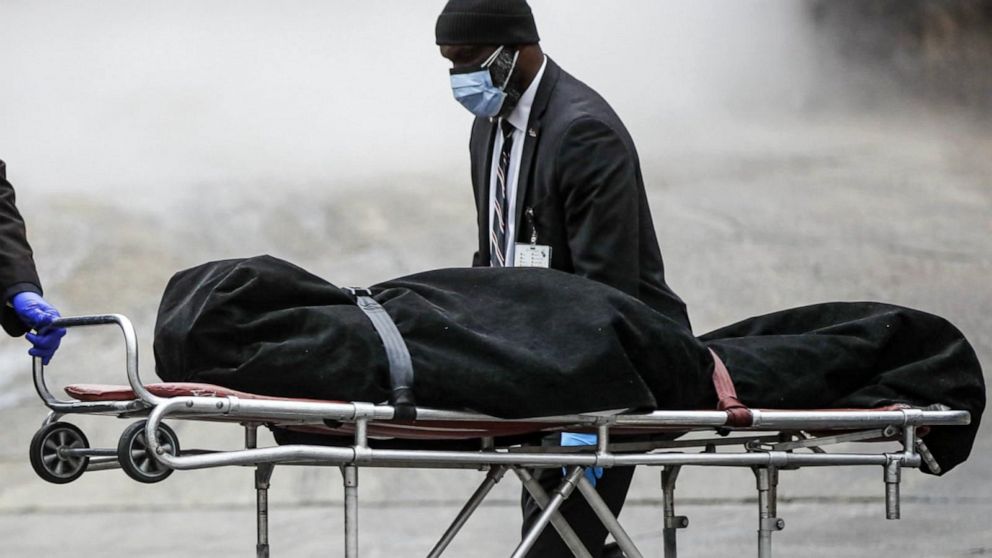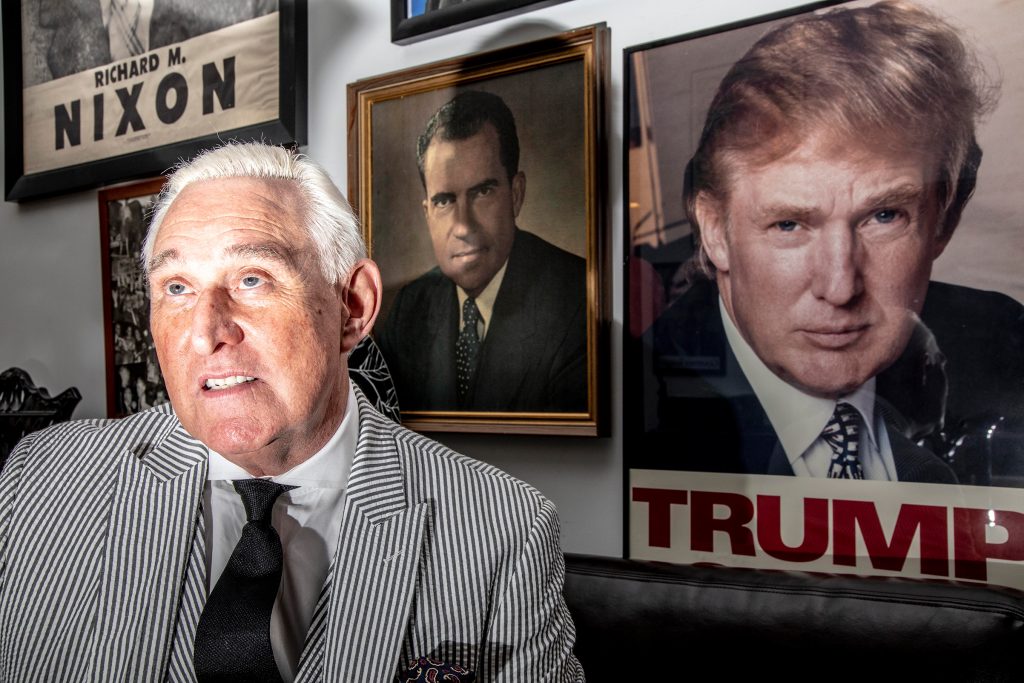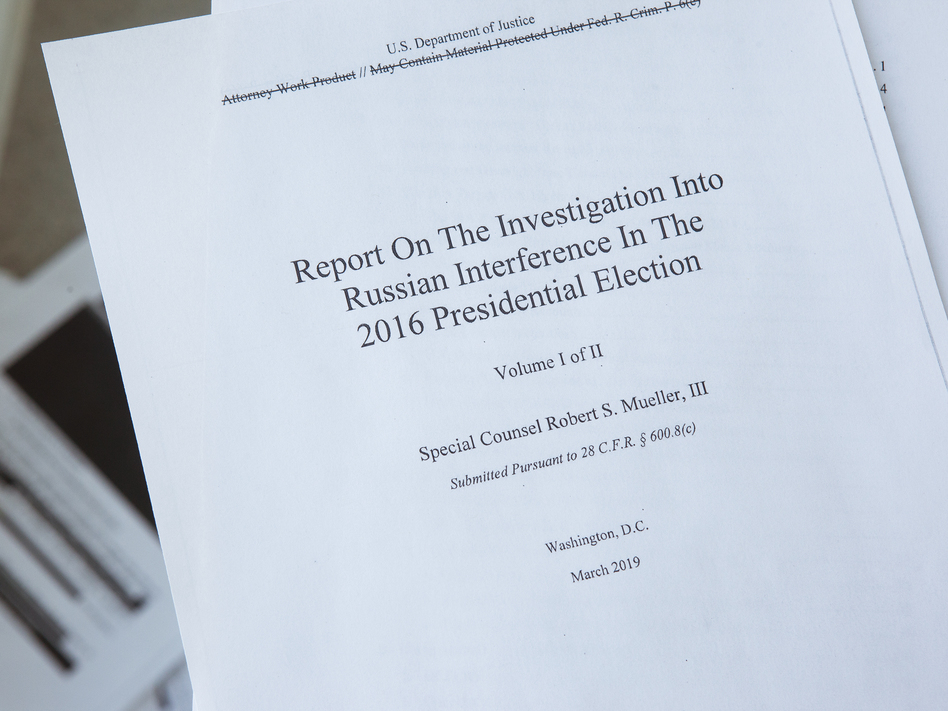From The New York Times, October 26, 2020…
‘Two minutes and 28 seconds into a campaign rally on a recent Saturday night in Janesville, Wis., President Trump delivered his first lie.
“When you look at our numbers compared to what’s going on in Europe and other places,” Mr. Trump said about the coronavirus raging across the United States, “we’re doing well.”
‘The truth? America has more cases and deaths per capita than any major country in Europe but Spain and Belgium. The United States has just 4 percent of the world’s population but accounts for almost a quarter of the global deaths from Covid-19. On Oct. 17, the day of Mr. Trump’s rally in Janesville, cases were rising to record levels across much of the country.
“Over the course of the next 87 minutes, the president made another 130 false or inaccurate statements. Many were entirely made up. Others were casual misstatements of simple facts, some clearly intended to mislead. He lied about his own record and that of his opponent. He made wild exaggerations that violate even the pliable limits of standard political hyperbole.”
The lying has been going on for so long that it has become the central feature of the Republican brand. The lies used to be mainly about matters of policy, but since Joe Biden won the presidency by amassing both more electoral and popular votes than the current incumbent, the lies are assaulting the very essence of democracy.
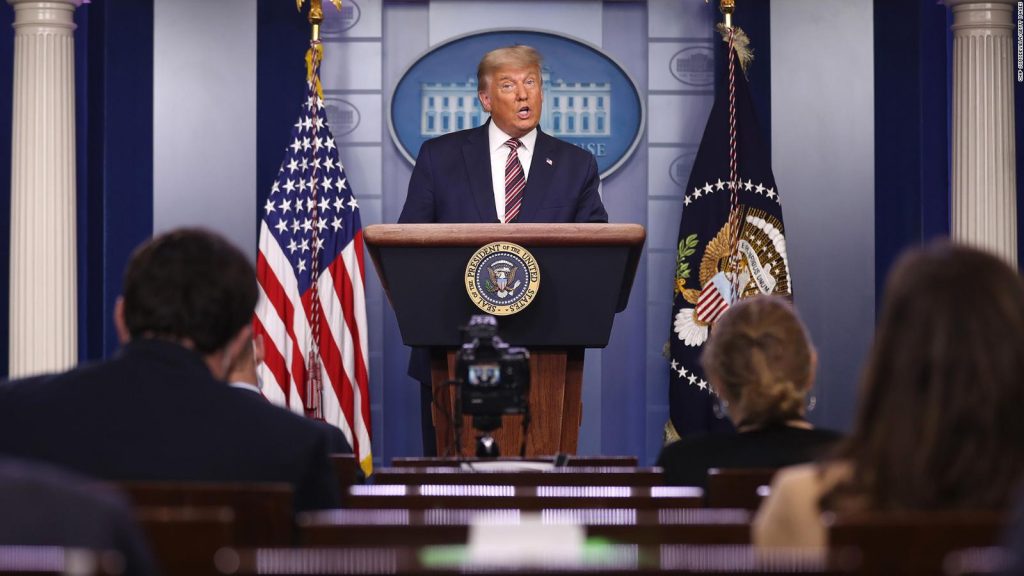
As long ago as 1981, Ronald Reagan was formulating an essential element of GOP fiction – that massive tax cuts pay for themselves. Forty years later this lie is so deeply embedded in Republican myth making that no GOP candidate dares turn back in the direction of the truth. Republicans, for example Senator Mike Crapo, a member of the committee that writes tax law says on his website: “Despite claims to the contrary, the reforms to our tax system (under Donald Trump) will address our growing debt and deficits thanks to how the policy affects jobs, wages and investments when estimating revenue.” It’s a lie a surely Crapo must know it is a lie.
That statement, by the way, is displayed under a “U.S. National Debt” calculator on the senator’s website that shows the national debt approaching $27 trillion, at least a $6 trillion increase in the last four years. The lie has become conventional Republican wisdom and the vast array of facts disputing it are simply swept away.
Many Republicans have systematically denied the overwhelming scientific consensus about climate change, while applauding the Trump decision to exit the worldwide effort to address the obvious. The GOP lies smolder along with the forests of California and Oregon, but then again facts have a well-know liberal bias.
“In some ways,” Republican pollster Whit Ayres says of GOP climate change denial, it has “become yet another of the long list of litmus test issues that determine whether or not you’re a good Republican.” Or put another way, ignoring evidence is essential to being a “good Republican.”
Republican orthodoxy holds that the Affordable Care Act (ACA) – Obamacare – was a stalking horse for “socialized medicine,” certain to usher in a vast left-wing conspiracy to make sure all American’s had access to health insurance. Yet, as legal scholars Christopher Robertson and Wendy Epstein pointed out recently the basics of the law originated with the conservative Heritage Society and “in an odd twist of history, it was Newt Gingrich, one of the most conservative speakers of the House, who laid out the blueprint for the Affordable Care Act as early as 1993. In an interview on ‘Meet the Press,’ Gingrich argued for individuals being ‘required to have health insurance’ as a matter of social responsibility.”
Most Republicans know but ignore that a state level version of Obamacare was implemented in Massachusetts when Republican Mitt Romney was governor. So, the facts are pretty simple. The hated ACA, villainized at every turn by Republicans who have attempted dozens of times to repeal the law and went numerous times to the Supreme Court to overturn it, was birthed by conservatives. The lies about the law have been so pervasive that the facts about what was once a conservative Republican policy proposal have been shunted, like a rusting railway box car, on the GOP siding where the truth goes to die.
Over and over, year after year, Republican officeholders have lied to their followers about matters large and small. The lies from top to bottom about COVID-19 have been glaringly obvious and in plain sight. “The president has variously lied by his own admission,” Dr. James Hamblin wrote this week in The Atlantic, “denied the severity of the disease, and promised false cures, all as the death toll shot into the hundreds of thousands.” The toll over the next few weeks will be truly devastating.
All this dishonesty has been at times remarkably successful in the pursuit of election victory, but the strategy has a genuine downside. Millions of Americans have bought into the dishonesty. The lies become essential to the Republican mindset. Even when the lying gets out of hand, as it has in the wake of the presidential election, GOP politicians – some of them do have a conscience – dare not speak truth to their own supporters. The nasty little secret is that many Republican politicians are flat out afraid of their most fervent followers.
“Here you are,” journalist Matt Bai wrote this week of elected Republicans unwillingness to accept the results of the November 3 election, “anxiously waiting for Donald Trump and his royal family to accept reality, not wanting to say anything that might upset him or his followers, because somehow the thing you fear most in the world — more than any virus, or God, or even transgender bathrooms — is the prospect of losing primaries.”
More than a week after the election, Donald Trump’s inept collection of campaign grifters, shysters and bottom feeders have not produced one scintilla of evidence to indicate the presidential election was anything but fairly administered by thousands of local election officials in all 50 states. The election results will put Joe Biden in the White House on January 20, 2021 with precisely the same level of Electoral College support as Trump won in 2016.
These fictions about a stolen election exist for only two reasons: Trump’s fragile, narcissistic ego cannot stand the reality that he lost an election and Republican politicians care more about playing to the conspiracy theory wing of their party – which sadly is most of the party – than they do about maintaining essential public confidence in the outcome of a presidential election.
As Todd Bice, a Nevada attorney and a Republican, wrote this week of allegations of vote fraud in his state: “Serious people know better and this is all part of the shtick of unserious people that have invaded and infected our politics. These insinuations about stealing an election are not made to protect the democratic process; they seek to undermine it and undermine your confidence in election outcomes.”
And the Republican Secretary of State in Washington Kim Wyman says bluntly: “Our country right now is in a fragile place, and we don’t need the top elected official in the country undermining the integrity of our election system.”
Make no mistake: this preening and posturing about a stolen election and refusing to accept the verdict of democracy is un-American. We are witnessing the creation of a fabulist conspiracy theory in real time, new “birtherism.” If you’re not outraged by the lying from senior Republicans, including your own representatives, then just admit that you live in Donald Trump’s world of utter fantasy, an island of unreality were no truth matters and any lie, even one aimed at the heart of democracy, is acceptable.
—–0—–
Additional Reading:
A few articles I found of interest this week…
An Embarrassing Failure for Election Pollsters
“The 2020 election may represent another chapter in the controversies that have periodically surrounded election polls since George Gallup, Elmo Roper and Archibald Crossley initiated their sample surveys during the 1936 presidential campaign. The most dramatic polling failure in U.S. presidential elections came in 1948, when President Harry S. Truman defied the pollsters, the pundits and the press to win reelection over the heavily favored Republican nominee, Thomas E. Dewey.”
One of many, many stories about the polling failures of 2020.
The Trumper with a Thousand Faces
Unpacking and trying to understand the appeal of Donald J. Trump is a cottage industry producing a library of books, documentaries and vast punditry.
A new book – The Securitarian Personality – argues that the core of Trump’s appeal is a desire on the part of his most faithful followers for “security.”
“Fervent Trump supporters like that his language does not kowtow to outsiders such as minorities, gays, and the parade of identity groups,” John Hibbing writes. “If his unfiltered direct speech and tweets compromised insiders and lifted outsiders, his base would turn on him in an instant.”
“In sum, it’s not Trump per se; it’s just what he seems to represent.”
This piece is from the Los Angeles Review of Books and is worth your time.
The Man Who Brought “The Queen’s Gambit” to Life

I’ve become a huge fan of the Netflix series “The Queen’s Gambit,” a fascinating, stylish piece of television that centers on a young woman – Beth Harmon – who is a chess phenom.
And this piece gives the backstory of the author of the book that produced the series. It’s fascinating, too.
“The Netflix series based on [Walter] Tevis’s novel has made Beth Harmon into a bona fide pop culture icon, a confident and brilliant young savant with impeccable fashion sense, played by budding star Anya Taylor-Joy. It may seem surprising that a story about a young woman who plays chess could resonate with so many, given chess’s relative lack of popularity in the United States. But what’s even more incredible than the success of the television show is the fact that its source material was written at all. At the time of the book’s publication, Walter Tevis, despite having been a celebrated and successful writer in the early 1960s, had vanished from public life for 17 years.”
Read this and watch the series.
Thanks for reading. Be well.

